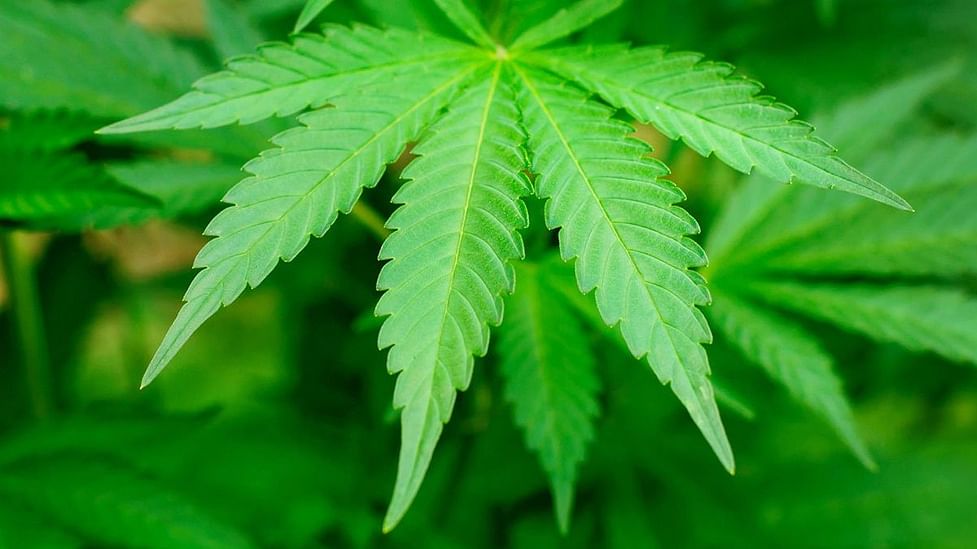As the demand for products containing cannabis or cannabis-derived compounds grows, people may be tempted to try products that may make unproven claims. In this blog post, we’ve provided some quick tips to help you understand what you should know before purchasing products containing cannabis or cannabis-derived compounds, such as cannabidiol (CBD), from CBD Shop in Chicago, Illinois.
What is CBD?
CBD is one of the many chemical compounds in cannabis plants. Unlike THC, CBD does not have psychoactive effects. Unlike THC, CBD is also not an addictive substance. CBD has been touted as an effective treatment for various conditions, including seizures, pain, and anxiety.
There is some early evidence from animal studies and small human studies that CBD may be effective in treating seizures. It is still not clear, however, if CBD is effective for many of the other conditions for which it has been advertised.
What does the 2018 Farm Bill mean for FDA-regulated products?
The 2018 Farm Bill defines hemp as cannabis plants that are part of the Cannabis Sativa L. species that contain no more than 0.3% THC by dry weight. The Farm Bill allows for the production of hemp and hemp-derived products that are used as an active ingredient in FDA-regulated products.
In addition to CBD, there are other cannabinoids that are found in cannabis or cannabis-derived products. One of these other cannabinoids, cannabinol (CBN), is a psychoactive substance that is similar to THC. Because of this similarity, products containing CBD and CBN should be clearly labeled and should not be marketed as dietary supplements.
What are the different cannabis-derived products available today?
Cannabis and its derivatives can be made into many different products, such as oils, sprays, tinctures, and edibles. Most products available today rely on the chemical compound tetrahydrocannabinol (THC). Products containing THC are illegal in all 50 states. However, products containing CBD and other cannabis-derived compounds derived from industrial hemp are legal in all 50 states. Industrial hemp and its derivatives do not have psychoactive effects.
How do I know the product contains CBD?
There is currently no reliable way to determine whether a product contains CBD or if it contains CBD in the amount advertised on the label. The FDA has not approved any tests for the safety or purity of CBD products. Products containing CBD can be found online and in stores. Some products are sold with labels saying they are derived from industrial hemp, but it is difficult for the average consumer to determine whether the product contains THC.
Has the FDA approved any cannabis-derived or cannabis-related products?
The FDA has announced that the agency is in the process of developing a policy to address this new public health situation of products containing cannabis or cannabis-derived compounds. As of now, it has only approved one drug containing THC, dronabinol (Marinol®), to ease nausea and vomiting associated with chemotherapy in people with cancer who have not responded to other treatments.
The FDA has approved two drugs that are made of synthetic versions of chemicals found in the cannabis plant. Cesamet® (nabilone) is used to treat nausea and vomiting that are associated with cancer chemotherapy in people who have not responded to other treatments. Marinol® (dronabinol) is used to treat loss of appetite and anorexia associated with weight loss in people with AIDS. It also approved Epidiolex® (cannabidiol) in 2018 to treat seizures associated with two rare and severe forms of epilepsy, Lennox-Gastaut syndrome and Dravet syndrome.
What should I look for when buying a CBD product?
Look for products that are clearly labeled as containing CBD, cannabidiol, or other cannabis-derived compounds. The label should also clearly state the amount of CBD present in the product, the amount of THC present in the product, and whether the product contains other cannabinoids. The label should also state the product’s country of origin and give information on the product’s purity and potency.
What are the risks of CBD?
There are several potential problems that can occur when using CBD products:
- CBD products are not intended to diagnose, treat, cure, or prevent any disease.
- There is no guarantee that a product contains CBD or CBD in the amount advertised on the label.
- There is no way to tell if a product is safe or not safe for consumption.
- Products containing CBD may interact with other medications.
- Some products may contain THC or other cannabis-derived cannabinoids, which may be illegal.
The FDA is in the process of developing a policy to address the use of cannabis or cannabis-derived products in food, drugs, and dietary supplements. This policy may include a process for allowing the use of cannabis-derived products in FDA-regulated products. To learn more about CBD and other cannabis-derived products, please visit the FDA website.
READ ALSO : Win 5000 Play Amazon Cadbury Quiz

